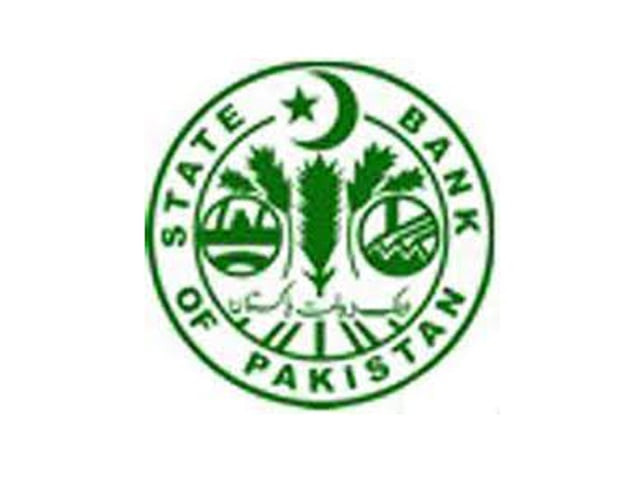Monetary policy: SBP seeks govt plan to limit fiscal slippages
Key discount rate to remain unchanged at 14 per cent.

Briefing the media on the central bank’s bi-monthly monetary policy for the next quarter, he announced that the key discount rate would remain unchanged at 14 per cent.
Kardar also said that the central bank has left the ball in the government’s court for implementing structural economic reforms. “We want to see what solutions political parties can provide. What tax needs to be implemented, what revenues need to be curtailed, these are political decisions and they should be left to them (the political parties),” he added.
According to him, the Pakistan Muslim League-Nawaz (PML-N) or the Muttahida Qaumi Movement (MQM) had not opposed the imposition of reformed general sales tax (RGST), they “have just urged the government to implement an RGST-plus package”, which would address other issues pertaining to revenue collection. Kardar said: “The SBP is optimistic that the recent multi-partisan efforts will improve fiscal revenues and curb current spending”.
He said that the SBP had reached an understanding with the government to keep public sector borrowings “below the September stock of Rs1,290 billion”. “It is expected that tangible steps will be taken to steer the economy back on track,” Kardar said. Explaining the rationale behind the decision, he said that while persisting inflation remained an area of concern for the central bank, recent improvements in the external account and political reconciliation have provided the government with a “window of opportunity” to improve revenue collection and reduce debt.
However, Kardar stressed that the next policy statement will be based on the government’s efforts to resolve structural issues. “It is important that the government spells out a clear and coherent strategy to limit fiscal slippages. This is all the more important given that the proposed reforms in the general sales tax along with other tax measures have been postponed. Moreover, in January 2011, the government reversed the decision of increasing retail prices of petroleum products,” reads the summary of the monetary policy statement.
Talking to The Express Tribune, the SBP Director, Monetary Policy, Hamza Ali Malik said the recent developments on the political front were “adversely affecting revenue collections and increasing expenditures on subsidies.” Malik refused to comment on the viability of the implementation of RGST, stating that “our fundamental point is that the government should increase revenues, whether it is through RGST or other measures is the domain of the political government”.
Earlier, Kardar also expressed the hope that “the State Bank act will be tabled in parliament successfully in coming days”. He explained that after the implementation of the act, the monetary committee which is erstwhile functioning under the auspices of the central bank’s board of governors will become an independent body.
The government has also assured that it will gradually reduce borrowings from the central bank to the level of June 2009; however a timeframe has not been meted out for this target as yet.
Published in The Express Tribune, January 30th, 2011.



















COMMENTS
Comments are moderated and generally will be posted if they are on-topic and not abusive.
For more information, please see our Comments FAQ